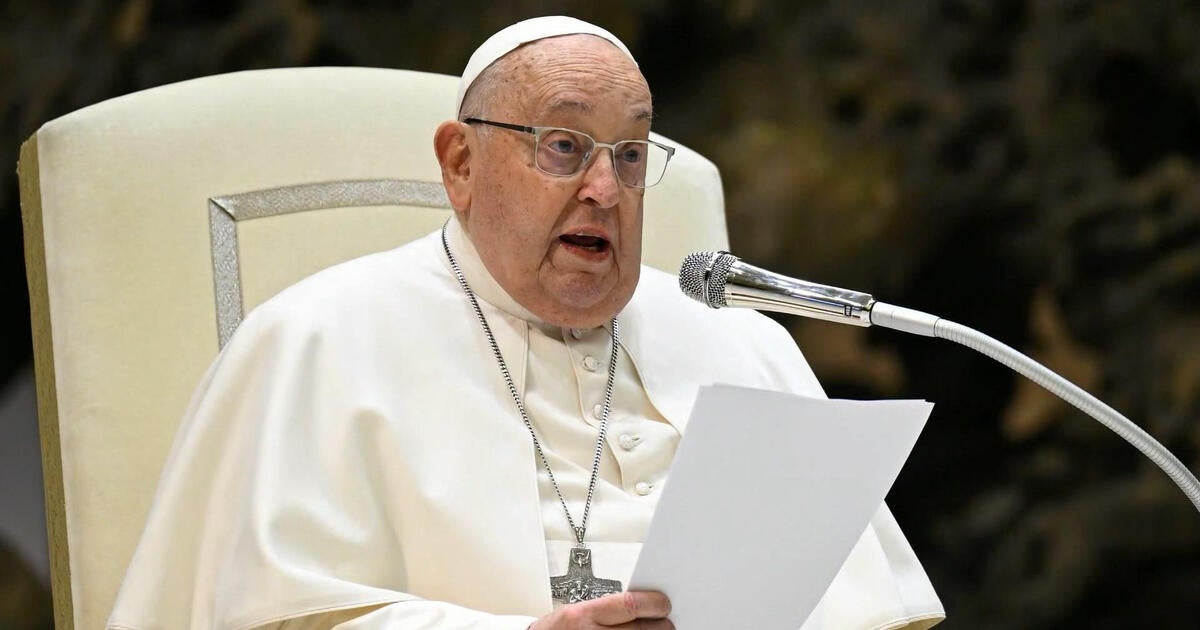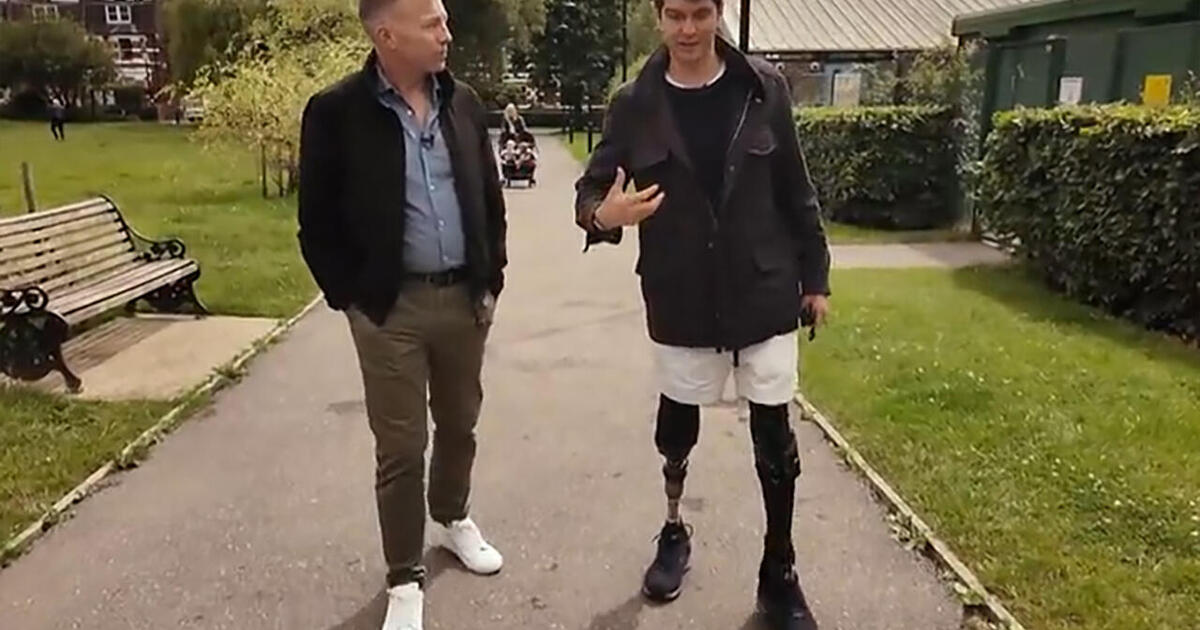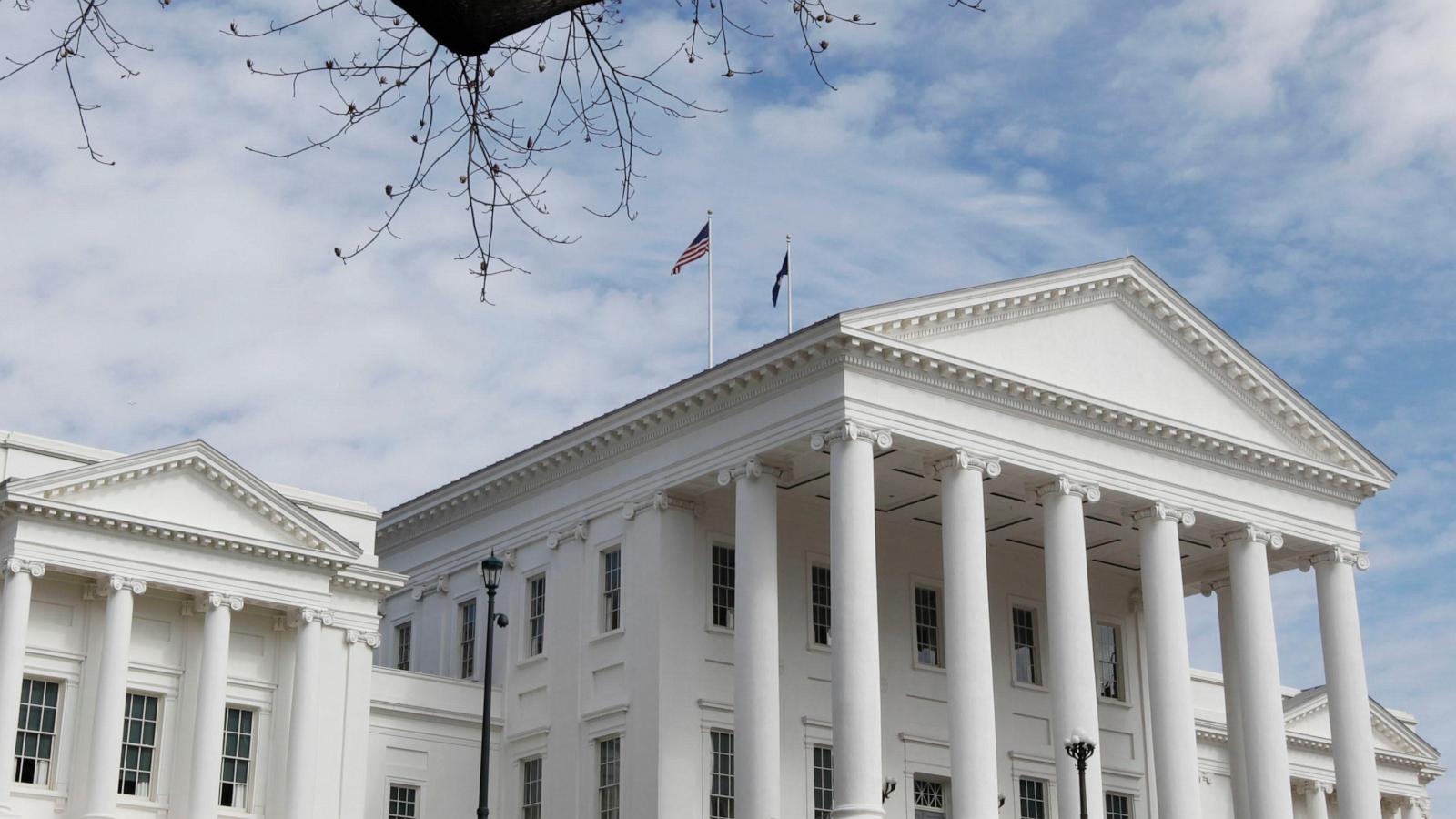CFPB under fire by President Trump, DOGE
In the weeks since President Trump’s return to office, the Consumer Financial Protection Bureau, long a target of conservatives, landed in the crosshairs of Elon Musk’s DOGE, or Department of Government Efficiency.
As a watchdog agency, the Consumer Financial Protection Bureau, or CFPB, is tasked with protecting consumers from financial fraud and shady lending practices. Musk has criticized the agency, which would oversee one of his new ventures. Now its head has been fired and workers have been told to stay home. Doors have been locked and all work has ceased.
Rohit Chopra, the fired head — who previously served at the Federal Trade Commission under Mr. Trump during his first term in office — said he sees the targeting of the CFPB as “suspicious”; It’s a small agency that oversees some of the biggest and most powerful companies out there, including big banks and tech companies moving into financial technology.
“They would want a situation where the agency is a lapdog rather than a watchdog,” Chopra said.
A conflict of interest for Musk?
Mr. Trump, in the Oval Office earlier this month, said it was his goal to fully eliminate the CFPB “because we’re trying to get rid of waste fraud and abuse.” Getting rid of waste, fraud and abuse is a job the president handed to Musk and DOGE.
But eliminating an agency that regulates tech companies creates a potential for conflicts of interest for Musk, especially given the secrecy around DOGE — something Musk refutes.
“I don’t know of a case where an organization has been more transparent than the DOGE organization,” Musk said in the Oval Office on Feb. 11.

60 Minutes
He said it would be obvious if he was doing something that would benefit one of his companies. However, it’s not obvious or transparent to many. A team of young men — connected with DOGE — was given wide access to the bureau’s computers, but the American public doesn’t know what they’re looking for or what they’re doing with the access to these files.
Hanna Hickman, who was a bureau attorney until she was fired less than two weeks ago, said she’s heard DOGE workers are camped out in the CFPB basement.
“They’ve got papers up on the windows to keep people from looking in. And they’ve been accessing data, certainly,” she said.
What’s on the computers being accessed by DOGE
In recent years the bureau started aggressively policing digital banking companies and products. So it has a lot of information on its computers about them, which is potentially relevant to Musk because he announced that he’s starting a new digital payment platform, X Money.
“He’s potentially able to gain access to files of his competitors like Venmo and Cash App. He is able to take out the regulator that would’ve been the watchdog for his company,” Hickman said. “I guess it’s easier to fire us than it is to beat us in court.”
A senior White House official told 60 Minutes that Musk is not in the inner workings of the DOGE operations at CFPB. The team working there take their orders from the acting director of the bureau. The official declined to comment on what specifically the team of young men was doing at the bureau.
But according to several sources, the team was granted unprecedented access to the CFPB data systems, including to sensitive bank records — access that normally requires training and background checks.
Hickman said every employee at CFPB has to go through an extensive background check.
“It includes a detailed run of our background, fingerprints, talking to neighbors and friends to make sure we are who we say we are,” she said. “It’s a process that takes at least a couple of months before you’re hired.”
The CFPB’s chief operating officer gave a sworn declaration saying the DOGE team members were “provided privacy and cyber security training” and signed non-disclosure agreements.
In response, the CFPB’s chief technologist, who just resigned, wrote that the training alone would be insufficient, noting that there was also “no mention of DOGE employees undergoing a background investigation.”

60 Minutes
Lorelei Salas and Eric Halperin, among the highest-ranking civil servants at the CFPB to leave the bureau, said they were horrified by the idea of people rummaging through the bureau’s confidential files. After they were placed on administrative leave, both resigned.
“I’m worried about your account number, your social security number being out there,” Salas said.
Halperin, who was in charge of all the bureau’s lawsuits on behalf of defrauded consumers, said companies would want the information the CFPB has to stay private.
“We do have information – both proprietary business information, trade secret information and personal identifiable information for consumers that we collected in the course of our work, that was necessary to do our work,” Halperin said.
Salas ran a team of nearly 600 inspectors who examined the books of banks and other financial institutions. She pointed toward the development of artificial intelligence tools used by companies to make decisions about whether or not to give someone a loan. Those algorithms are in the CFPB system, Salas said.
“I think that companies that gave us their financial information and even trade secrets, they will probably be harmed if that information fell into the hands of competitors,” Salas said.
What’s happening at CFPB now
Three hours after the DOGE team swept in on Feb. 7, Musk posted “CFPB RIP” on X, alongside a picture of a gravestone. Mr. Trump appointed Russ Vought, an ardent critic of the bureau, as its acting director. Vought announced on X he would stop funding the agency.
“This spigot, long contributing to CFPB’s unaccountability, is now being turned off,” Vought said.
Soon, the firings started. Hickman and nearly 200 of her colleagues found out through a mass email.
“We virtually shut down the out-of-control CFPB, escorting radical-left bureaucrats out of the building and locking the doors behind them,” Mr. Trump said last week. “What they were doing was so terrible. Where they were spending the money was so terrible.”
Late last week, workers took down the signage at CFPB’s headquarters, even though a federal judge imposed a temporary restraining order to stop budget cuts at the bureau and any more firings. A hearing is set for March 3.
The judge’s order does not cover those already fired, like Hickman, who says she did not receive any severance pay.
“Under the normal regulations governing a government layoff, we should receive at least 60 days’ notice, severance, benefits to help us transition into a new role,” Hickman said. “It’s shocking.”
Hickman said her union is fighting back.
“We are looking for all legal avenues to pursue this,” Hickman said. “At the end of the day, the administration thinks they can get away with it because they don’t think we have any recourse. So I’m hoping to prove them wrong.”
Should the CFPB exist?
The watchdog agency, created by Congress after the 2008 financial crisis, was the brainchild of Sen. Elizabeth Warren, who’s now leading the uphill fight to keep the bureau alive.
“For every person who wants to buy a home without getting scammed, this fight is your fight,” she said at a recent protest.
Norbert Michel, of the Libertarian Cato Institute, agrees with the president that there are too many financial regulatory agencies. He said there are enough regulatory agencies out there and doesn’t believe CFPB should have ever been created.
“Consumer protection existed long before we had a CFPB,” Michel said. “And if we got rid of it and put everything back to the way that it was, we would still have consumer protection.”
Functions assigned to the bureau could be assigned under the Federal Trade Commission, he said.
“Their motto is literally on the website, ‘Protecting America’s consumers,'” Michel said.
Still, the bureau, in its short existence, has recovered over $20 billion for consumers.

60 Minutes
As of now, CFPB investigations and nearly all lawsuits brought by the agency are frozen. And Chopra says no refund checks to defrauded consumers are going out. He doesn’t even know if the bureau really exists right now.
“All I know is that a lot of employees are being told to stay silent and stay home,” Chopra said.
He also doesn’t know where Congress is in all the chaos around the agency. He argues only Congress has the legal authority to shut down an agency it created.
“You can’t just say, ‘We’re gonna pass these laws to protect consumers,’ and then act like the agency is a dead fish,” he said. “That’s not how the Constitution works.”











